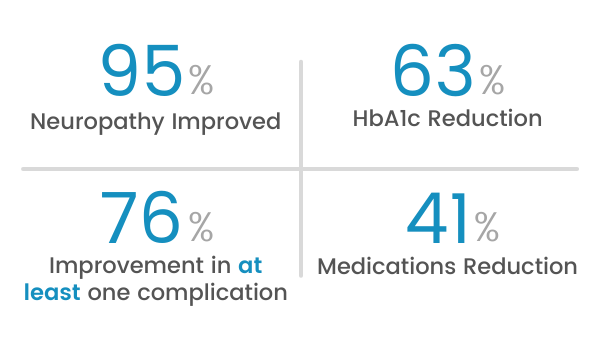Endocrinology Explained
What Is endocrinology?
Endocrinology is a medical specialty that focuses on the diagnosis, management and treatment of diseases related to hormones. A hormone is a chemical messenger secreted by endocrine glands which are organs in the body that produce hormones. These hormones travel through the blood and act as signals, telling cells or tissues to do something specific. Hormones help regulate many functions in the body, such as:
- Growth and Development
- Metabolism
- Sexual Function
- The Reproductive Process
Your body creates and produces over 50 different hormones including:
- Insulin
- Adrenaline
- Estrogen
- Growth Hormone
- Melatonin
- Thyroid Hormone
- Testosterone
Endocrinologists: Diabetes specialists
A Diabetes Specialist is an Endocrinologist. An endocrinologist is a medical doctor who specializes in the diagnosis, management, and treatment of disorders related to hormones such as diabetes, thyroid disease, growth problems, infertility issues, metabolic syndrome, osteoporosis and adrenal disorders. They also work with patients on lifestyle changes that can help improve their health outcomes. Endocrinologists are experts at balancing hormones through medications or other treatments when needed to ensure optimal health for their patients.
should you see an Endocrinologist?
How the Endocrine System Works
The endocrine system is a complex and intricate network of glands, hormones, and cells that control communication and coordination throughout the body. This communication system helps the body respond to external and internal stimuli, such as changes in the environment or signals from other organs. Endocrine glands produce hormones that are released into the bloodstream and travel throughout the body to carry out their desired effects.
Hormones are small chemical messengers that can reach nearly every cell in the body. These molecules are extremely powerful and have significant influence over many bodily processes including metabolism, growth, reproduction, sexual maturation, and digestion. Hormones help
regulate these processes by acting on target cells to stimulate certain reactions or inhibit others. The endocrine system consists of a variety of different glands that produce different kinds of hormones depending on the specific function they serve.
The hypothalamus is one of the most important components of the endocrine system as it links the nervous system with hormone production. It produces various releasing hormones that tell other
endocrine glands when to begin making a certain hormone. For instance, when cortisol levels drop too low during stress, the hypothalamus will signal for them to be replenished by releasing corticotropin-releasing hormone (CRH). Other major endocrine glands include the pituitary, thyroid gland, parathyroid glands, adrenal glands, pancreas, ovaries, and testes. Each gland has its own unique role in controlling different functions within the body.
For example, the pancreas produces insulin which helps glucose enter into cells so it can be used for energy or stored for later use; while thyroxine produced by the thyroid regulates metabolic rate; and sex hormones like estrogen and testosterone control puberty development and sexual maturation during adolescence. A disruption in any part of this delicate balance can have serious consequences on one’s health due to imbalances in hormone levels leading to various diseases such as diabetes or hypothyroidism.
The complexity of this interrelated network makes it difficult to understand how each component works together but it’s clear that proper functioning is essential for maintaining good health. While doctors may prescribe medications or other treatments if there is an imbalance in hormone production or dysfunction within any part of this system; lifestyle choices such as dieting and exercising can also have positive impacts by regulating hormone levels naturally through healthy habits.
What happens when the endocrine system does not work?
The Anatomy of the Endocrine System
The endocrine system is a complex network of glands and hormones that work together to regulate many important bodily processes such as growth, metabolism, fertility, and sexual maturation. It consists of the hypothalamus, pituitary gland, thyroid gland, parathyroid glands, adrenal glands, pancreas, ovaries, and testes.

Schull Institute – Insulin Infusion Therapy on Diabetic Complications (n=49) (2015)

Watch an
Educational Webinar
Are you experiencing low energy, foot problems, vision issues, or difficulty managing your blood sugar? For years, pharmaceutical companies and medical professionals have offered various treatments such as medications, diets, and exercises. At Florida Diabetes & Endocrinology, we focus on providing innovative therapies designed to support better health and well-being. Learn more about our approach in our educational webinar.



SCHEDULE A CONSULTATION NOW
THE FUTURE IS BRIGHT
With advanced technology and leading experts in diabetes treatment, we’re raising the standard of care.


